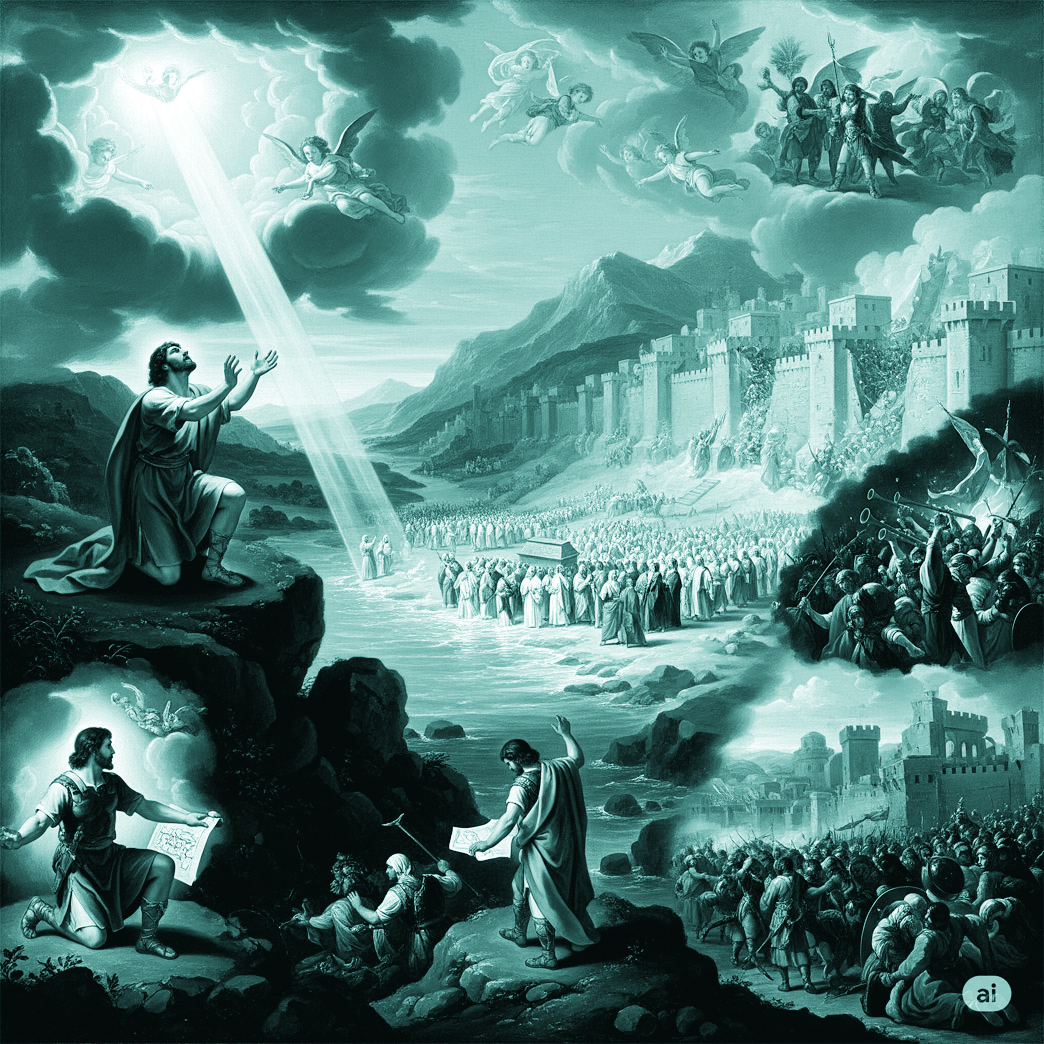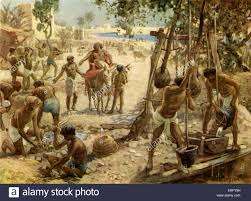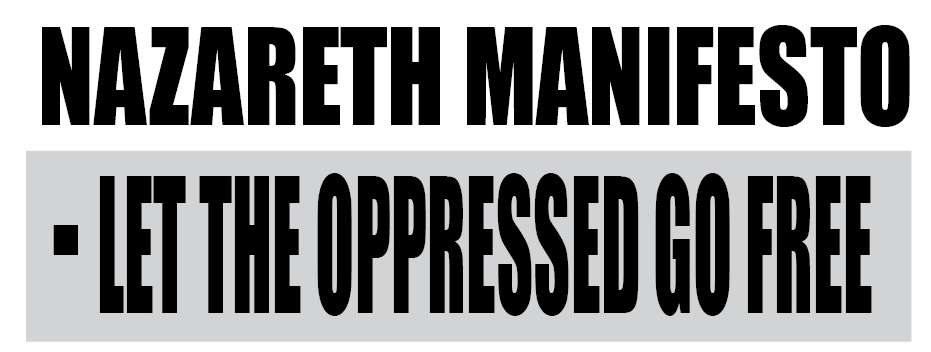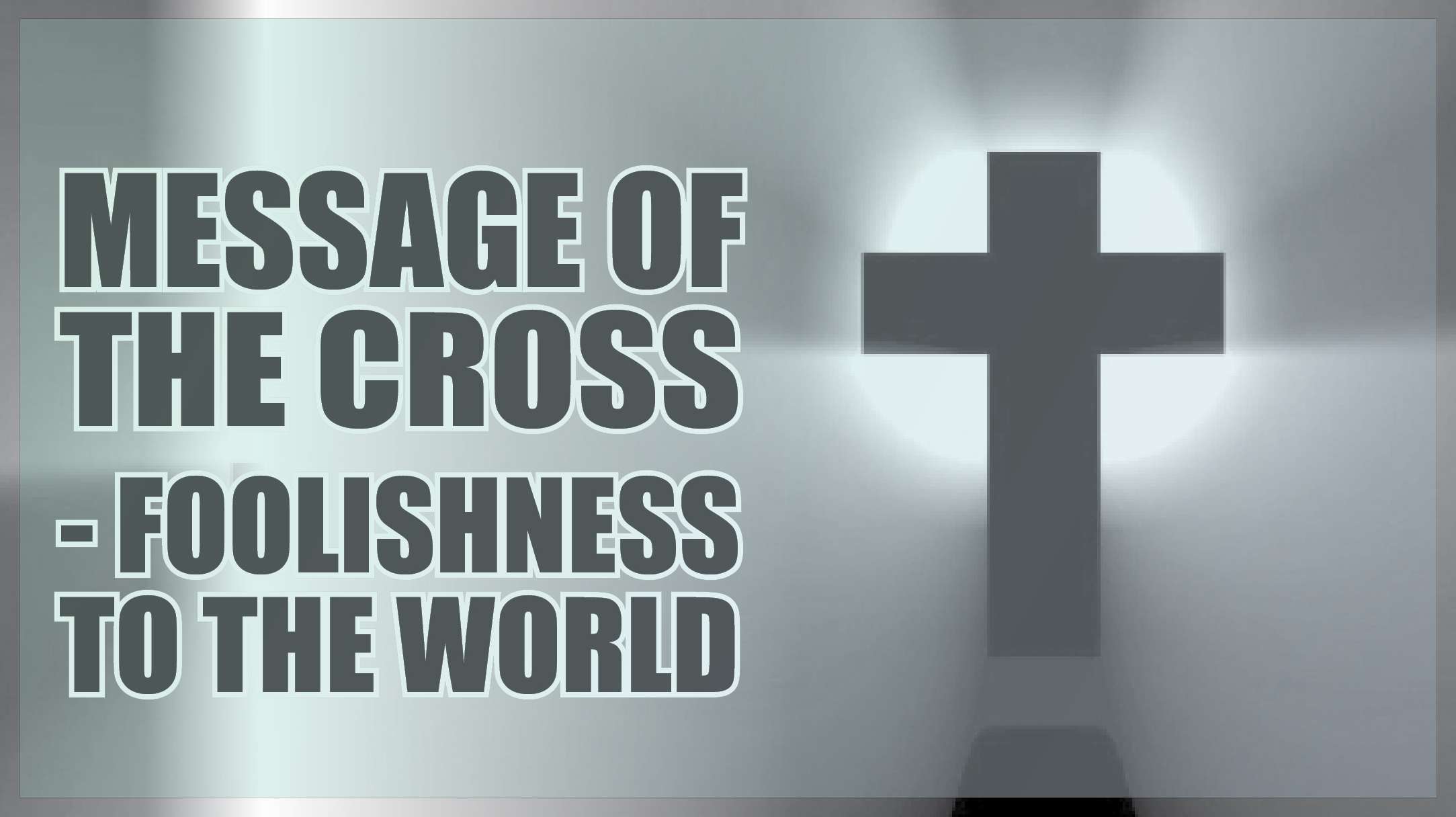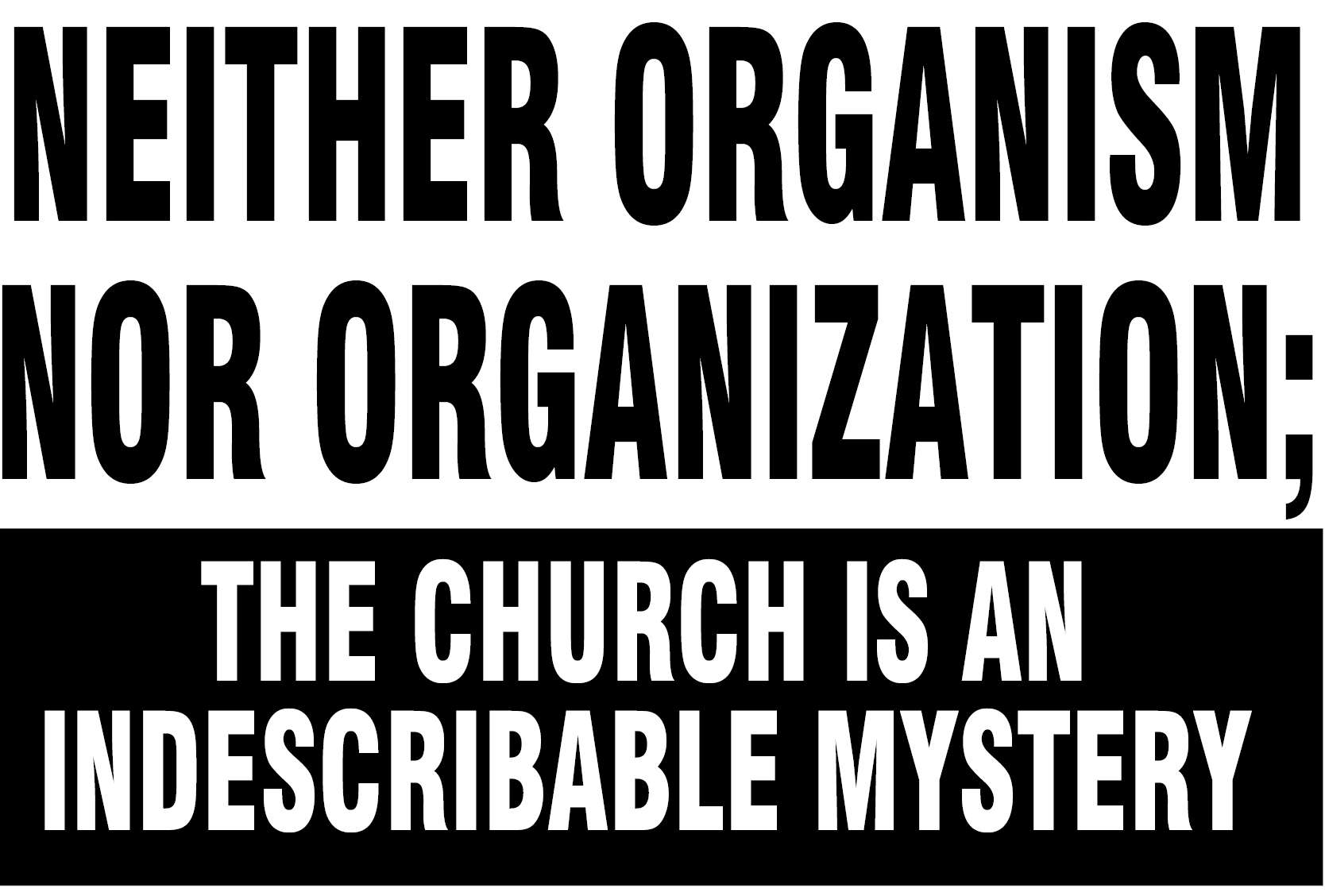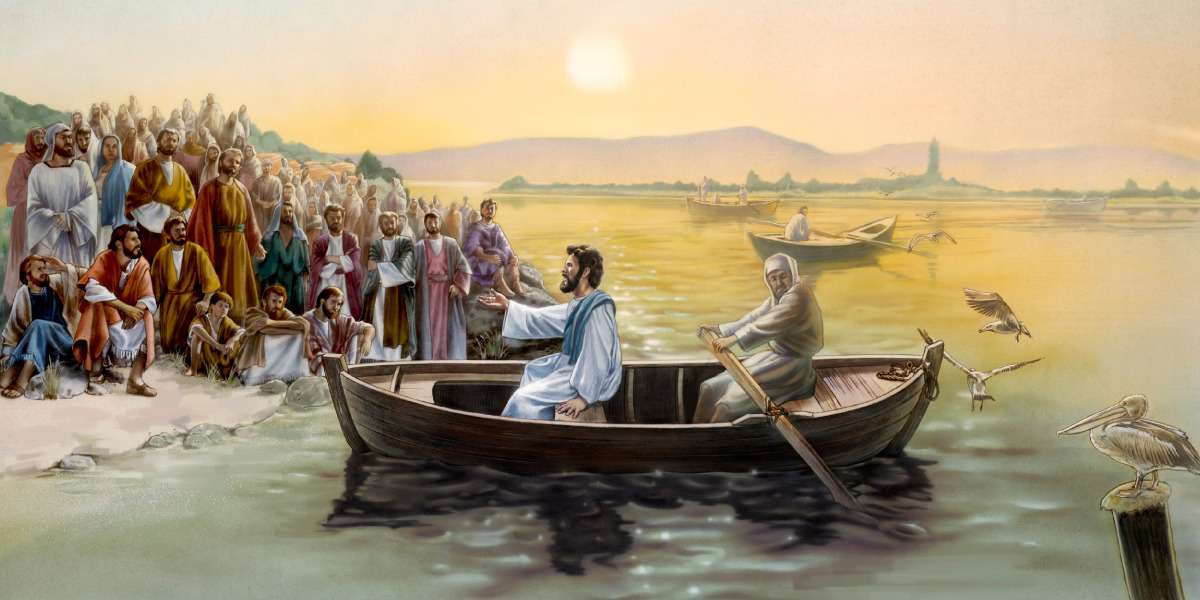

New strategies for Mission: Travel, Technology and Tools
Dr. J. N. Manokaran
Introduction
There was an elderly gentleman who lost his wife living with his children. He had some precious collections, which children and grand-children did not understand. One day, it was time for spring cleaning. Assisted by his daughter and son-in-law, he tried to clean up his wardrobe, almirah and some suitcases. Some things were thrown out. Son-in-law opened a film roll that was not developed (pictures were not printed) and threw it in garbage, when the old man noted it. He shouted and cried, that was my precious memories with my wife before her death. How precious were those pictures, somehow it was not developed? Son-in-law said: “Uncle extremely sorry. I know only digital cameras.” Welcome to the New Digital World, the old have passed away.
Year 2020 globally will be remembered for Covid 19 invisible virus that threatened nations, disrupted travel, robbed millions of livelihood, ruined economy, migrants in disarray, distressed health sector, confused political leaders, inapt global agencies, families in doldrums, grief-stricken relatives and clueless religious leaders. A global disaster that impacted all nations, culture and media, have redefined the world. The new normal is a challenge for the Church and its Great Commission Mandate.
I. Sovereign God allows disaster
God as Sovereign ruler has allowed this global crisis to happen. “I have cut off nations; their battlements are in ruins; I have laid waste their streets so that no one walks in them; their cities have been made desolate, without a man, without an inhabitant.” (Zephaniah 3:6) This statement seems to be like a journalist report from several cities around the world. Only police personnel on some road. Few youngsters took selfies in deserted roads. Malls, shopping complexes, restaurants, airports, railway stations, bus stations were empty.
I. a Spiritual Evaluation
Certainly, the Covid 19 has compelled believers to seek God in humility. “But I will leave in your midst a people humble and lowly. They shall seek refuge in the name of the LORD.” ((Zephaniah 3:12) Many churches called the church to fast and pray with humility. Many sermons were preached from this text. “If my people who are called by my name humble themselves, and pray and seek my face and turn from their wicked ways, then I will hear from heaven and will forgive their sin and heal their land.” (II Chronicles 7:14)
Individual believers and families evaluated their priorities and made re-commitment to prioritize the Kingdom of God and Righteousness of God. (Matthew 6:33)
The Church has the Promise and assurance: “The Lord your God is in your midst, a mighty one who will save; he will rejoice over you with gladness; he will quiet you by his love; he will exult over you with loud singing.” (Zephaniah 3:17) God was gracious to His people. Many new online churches and new ministries were born. Digital media is flooded with more Christian content.
I.b Spiritual Vision
God impressed on many leaders to think about mission in new ways, for facing challenging realities. They sought the Lord to receive new Spiritual Vision. How can the Church fulfill the Great Commission in the midst of new economic realities, social realities, communication realities, digital divide, health challenges, family contexts and uncertainties?
II Strategic Vision
The Global Church needs a strategic, sharp vision to take the gospel to all inhabitants of planet earth. There are three important aspects for strategic missions: Travel, Technology and Tools.
II. (a) Strategic importance of Travel
Great Commission is: “Go therefore and make disciples of all nations, baptizing them in the name of the Father and of the Son and of the Holy Spirit, teaching them to observe all that I have commanded you. And behold, I am with you always, to the end of the age.” (Matthew 28:19-20)
Lord Jesus traveled on a donkey on Palm Sunday. He crossed the Sea of Galilee on a boat. Paul used ships, probably horse-driven carriages to travel taking the gospel to many corners of Roman Empire. The discovery of atlas, nautical compass changed the travel into predictable explorations. In 16th century Antwerp later Amsterdam became center for producing maps. Cartography was dominated by Dutch-speaking people.
In the modern times, automobiles (cars, buses, trucks, and jeeps), railways (steam engines, later diesel and electric powered engines), and airplanes are being used by those involved in missions today.
Yes, travel has become faster and safer. Travel was used for politics, business, arts, leisure more than for missions. Digital revolution has also brought the travel down to minimum during Covid 19. Apps like Zoom has replaced travel for business, board, international meetings, and negotiations. Distance and time have been in a way conquered by this new technology.
Part of travel could be replaced by digital usage of communications.
II.b Strategic importance of Technology
II .b.(a) Print technology
Printing technology, radio waves, television and now digital technology are tools for communication for missions. Johannes Gutenberg in 1455 printed 42-line Latin Vulgate bible known as Gutenberg bible.
Because of the printing technology, the 95 theses that was nailed on the door of Wittenberg Cathedral, on 31 October 1517 was available in London within seventeen days. Martin Luther effectively used the printing technology to produce tools for evangelism, teaching, ministry, and mission. Luther’s translated the New Testament in German language. 5000 copies of New Testament was sold in two weeks. In between 1518 and 1525 Martin Luther’s writings were one third of all books sold in Germany. Luther’s translated German Bible went through more than 430 editions.
This technology brought great changes in the world. That was the seed for Enlightenment era, renaissance, and scientific revolution.
Yes, printing technology brought knowledge revolution. Before that time, a handwritten copy of a book could cost the price of a home. Only the rich could afford. After the advent of printing technology, a teacher could own a copy of a book which would cost just one-month salary. This changed the education in society. Now more people could have access to education. In just five decades after the advent of Gutenberg’s press more books were printed than that were produced in the previous 1000 years.
Printing technology changed the scientific progress. Knowledge was not handwritten, but in books, mass produced and distributed. Hence, more research, discoveries and inventions were possible.
Printing technology also democratized knowledge. This led to the Enlightenment era. Scientists, philosophers, politicians, professors, religious teachers could multiply and distribute their ideas quickly. Also wider number of people became audience. Knowledge became portable and easy to handle. Common people could listen and learn new ideas and opinions. These thoughts changed societies, challenged the ruling elite and brought lasting changes in methods of governance. It is said that Galileo remarked in 1630 that he was able to read all that was available when he was young, but as he grew older, with printing technology, more new books were written faster than one can read.
II. b. Digital technology
Digital technology had a tectonic shift effect on humanity. Digit alization of data, knowledge, and information had accelerated the progress of accessibility and availability of knowledge. The knowledge travelled in supersonic speed through Information Super highway. Certainly, digitalization has amplified the impact on all aspects of human life throughout the world.
While in print technology ‘One to many’ was the norm, and in digital world the communication is ‘Many to many.’ The reach of digital technology is exponential when compared with print technology. Today, voice, video, and data converges in one interactive media called Internet. Digital technology has created a new world of hyper-connection, information sharing, online communities, collaborations, and quick communication. Virtual communication with Apps like Zoom has helped conquered time and distance effectively. Home life, with ‘Work From Home’ options has redefined home and family relationships. Schools, colleges, universities, institutions, offices, businesses, government, healthcare all have been impacted by digital technology.
However, the easier and lower price of reaching out to information and production of information also means the overflow of the low quality of information. And now, the world has reached a stage, where it is not possible to store all the information being generated.
II. c Strategic importance of Tools
Printed bibles changed Europe. Missionaries who travelled to various parts of the world, translated the Bible in several languages. They also transported Printing press to other nations and printed bibles. Bible became the important tool for evangelism and mission endeavours.
Along with Bible, huge literature was produced by missionaries including hymnals, prayer books, devotions, catechism, children bibles, commentaries…etc. Bible and Christian literature were used strategically by Bible societies as well as agencies like Operation Mobilization with their ships like Logos. Missionaries initiated newspapers, magazines and journals in many languages.
Along with literature there were communication tools like radios, films, television that were used powerfully for reaching the unreached. ‘Jesus Film’ produced in 1979 is one of the evangelistic movies, dubbed in 1600 languages, that was seen by more than three billion people and shown over five billion times.
Smart phone has become an ultimate communication tool. In the hands of billions of people, information can reach people quick. World Wide Web is pull media and interactive media has advantage over the print media products. Data-consumption has increased multiple times during pandemic times. Digital Media has large chunk of advertising revenue too.
III Strategic Digital Mission
III.a Bible and Digital world
God is not surprised by Digital revolution. Information explosion as Prophet Daniel foresaw: “Many will go here and there to increase knowledge.” (Daniel 12:4) Knowledge available today has its depth in content, micro details, multi-dimensional and from multiple sources.
Prophet Habakkuk declared that the stones could speak and even beams of woodwork would echo it. ‘the stones of the wall will cry out, and the beams of the woodwork will echo it.” (Habakkuk 2:11) It is amazing to see how God spoke about “micro-chips” through Habakkuk in 7th century B.C. On the Palm Sunday, Pharisees wanted the disciples to be quiet; however, Lord replied that stones would cry out if they keep quiet. ‘teacher, rebuke your disciples!” “I tell you,” he replied, “if they keep quiet, the stones will cry out.” (Luke 19:39-41) In fact, “micro-chips” would cry out, if people quit praising and worshiping Him. Prophet Isaiah wrote that God has engraved his children in his palms which was beyond human comprehension, until we go the palm top computers. (Isaiah 49:16) Now, even mobile phones could store thousands of images and profiles.
III.b Essential digital mission
The Digital technology combined with pandemic Covid 19 has created an open door of Digital Mission. Print was used as strategic mission when in the average 15 percent of people in the world could read and write. Digital Divide is also a reality as poorer people do not have access to technology or gadgets.
III.c Post literate people
Digital generation could be literate but choose to avoid reading and prefer other methods to receive communication. Even when they read, they prefer short messages. Communication with this generation has to be different, technically savvy, crisp and creative.
III.d Habakkuk gives clue:
Prophet Habakkuk writes: “Write the vision; make it plain on tablets, so he may run who reads it.” (Habakkuk 2:2) There are two interpretations for this text. Writing the vision or truth is essential for all Christians. It should be written in tablets – hearts, not Samsung or Apple. Those who read should not sit idle, or irresponsive or passive, but should ‘run’ with the truth or passion or vision. Another interpretation is they should be able to read as they run. It is like bill boards on road, when driving people could read, grasp and understand.
Content creators should be innovative, creative and harness technology appropriately.
III.e Digital Natives and Immigrants
The younger generation born in late 80’s is comfortable with computers, are called ‘Digital Natives.’ They speak digital language of computers, games, Internet and social media platforms. The older generation are ‘Digital Immigrants’ who try to learn, imitate and adapt to the digital world. ‘Digital Natives’ are confident and comfortable in the Digital World, but lack knowledge or wisdom from Scripture. ‘Digital Immigrants’ do have knowledge, experience and wisdom from Scripture and biblical worldview, but lack technology to communicate. The need is collaboration that both could work together to communicate the gospel to the world.
III.f Social Media Platforms
Mass media has been effectively marginalized by the social media. Digital generation learns more from Internet than other sources. Young people in India spend five to seven hours daily watching Internet. Facebook, Instagram, Snapchat, WhatsApp, Signal, Telegram, Twitter, YouTube and numerous other social media platforms provide anyone to communicate to the global audience.
IV Strategic Applications for Missions
These kinds of content should be uploaded in the social media platforms. Dynamic interactive chats could be established for counselling. Zoom classes could be conducted for teaching and training.
IV. a Pre- evangelism
There is a need for production of content that gives biblical values in the society. It could be in the form of short blogs, novelette, memes, short videos, animations…etc.
IV. b Evangelism
Evangelism as short testimonies (text, videos, interviews), presentation of gospel in various formats and methods. Even small puppet presentations, skits and choreographs. These should be done in a professional manner. Thorough preparation, rehearsal, and clear content.
There are some evangelism materials like Jesus Film already in digital format.
IV. c Discipleship
Discipleship material needs to be revised, adapted to Digital Media. That means to add multi-media content and change old simile and metaphors to today’s generation. New content also is needed for the world new disciples will face would be entirely different than of previous generations.
IV. d Edification
To build up disciples in the faith, there is a need for good teaching material. Skeptics, secularists, universalists, new age spirituality proponents and false teachers have filled Digital World with their winsome, attractive, charismatic, and interactive teachings. New teachings are urgently needed in Digital world. Digital platform offers teaching resources across denominations, breaking narrow barriers.
The rural churches that lack good teachers can be benefitted by the Digital media including zoom. A group of people could come together as community around a smart phone. This will benefit the rural churches also.
IV. e Leadership
Leadership development is a key in Digital World. Many young people are looking for leadership content and training in Internet. More online trainings would be needed.
IV. f Missions training
In the Digital World, all are cross-cultural missionaries as audience is global. All believers need to be trained, equipped and informed to be engaged in sharing the gospel in all situations.
IV. g e-book libraries
More books would become e-books. Many authors are publishing only e-books. People going to libraries and picking up books could become rare. If e-book libraries are available, more people will start reading and use them for teaching others.
IV. h Online churches
Few of my friends (not pastors of congregations) who started to use zoom platform for teaching and to keep in touch with their donors, sponsors, and prayer partners, have started online churches. These online Churches have emerged during this Pandemic. Few churches have recruited new online Members along with existing members.
V. Challenge
Parable of "wheat and weeds" should be remembered at this point of time. “The kingdom of heaven may be compared to a man who sowed good seed in his field, but while his men were sleeping, his enemy came and sowed weeds among the wheat and went away. So when the plants came up and bore grain, then the weeds appeared also.” (Matthew 13:24-26) In this Digital era, the Church, called to sow the wheat slept, enemy has sown the weeds. At least now the Church should wake up and sow seeds – the Word of God.

